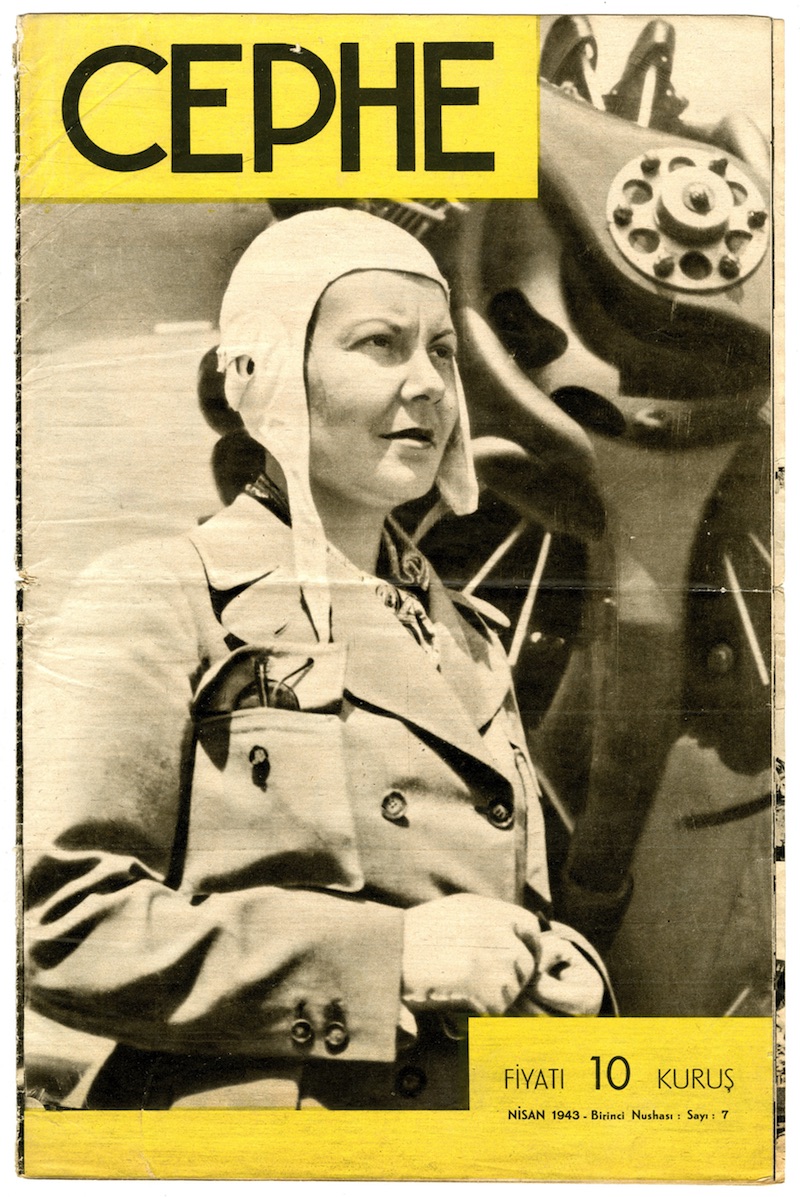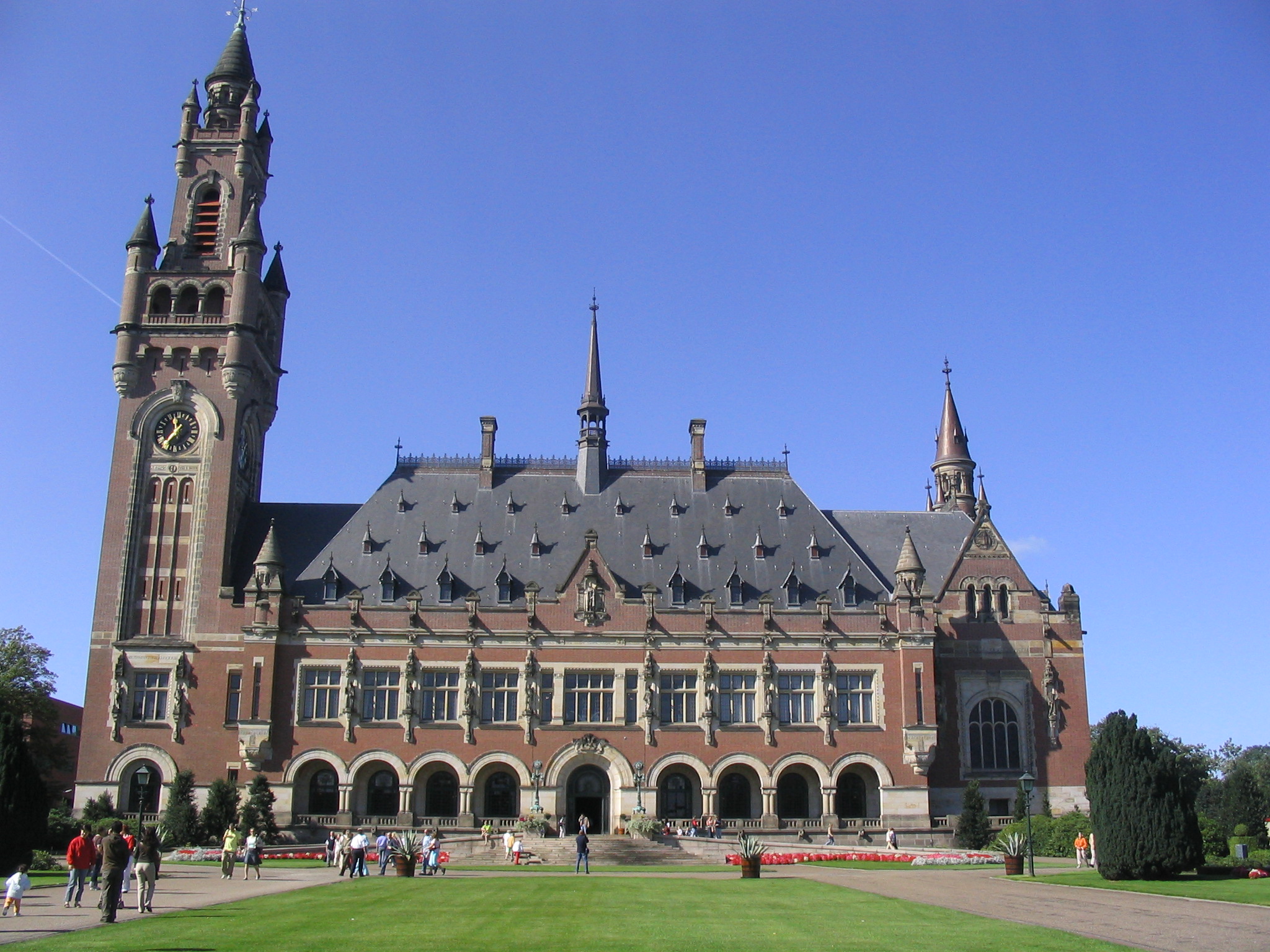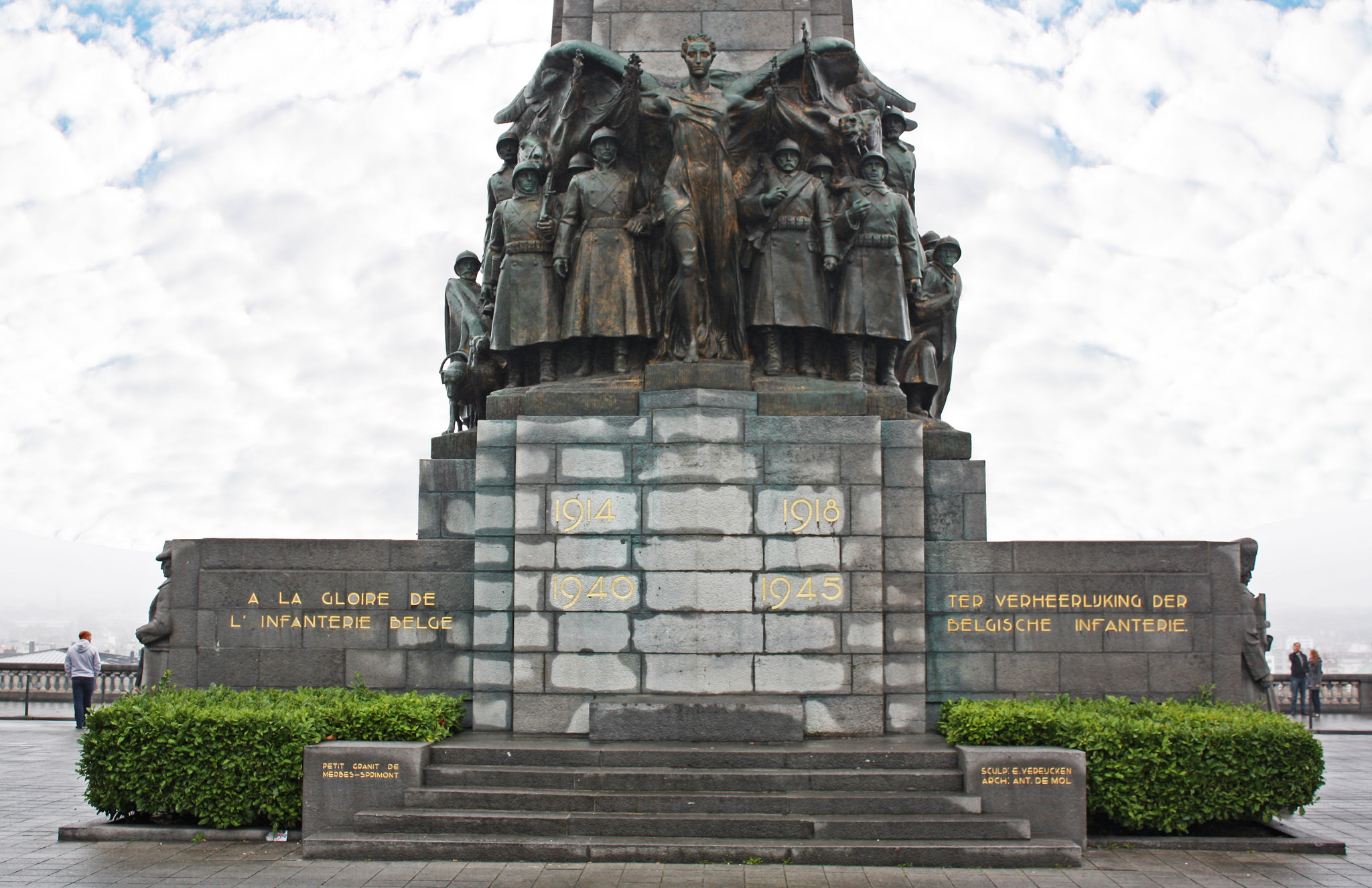In the history of warfare, neutrals rarely feature. When they do, they tend to be relegated to the peripheries, as marginal characters in a belligerent drama that takes centre stage. Unsurprisingly, then, ‘Neutrality Studies’ is not a well-established academic field, although there are more than a few scholars who specialise in neutrality. Still, no academic journal is dedicated to the subject, and no Anglophone academic publisher specialises in the field.
Leave a CommentCategory: Neutrality
Written by Mario Draper.
Léon Arendt will not be a familiar name to most readers. His role as the Political Director at the Belgian Ministry of Foreign Affairs from 1896 to 1912 was hardly likely to make him a household name beyond Belgium’s borders. Yet, his conceptualisation of these borders and of Belgium’s wider relationship with neutrality – imposed in perpetuity by the Great Powers (Britain, France, Russia, Austria-Hungary, and Prussia) in 1839 – marks him out as a singularly important figure in defining the strategic paradigm at the outbreak of the First World War. For here was a man who proposed the controversial view in 1911 that neutrality was but a tool of independence and not an end in itself. In other words, were neutrality to jeopardize continued independence, Belgium was within its rights to reinterpret its duties and forgo its strict adherence to the 1839 Treaty of London.
Leave a Comment
Written by Edward Corse.
Neutral Turkey was geographically surrounded by the Second World War. The Germans occupied land to the north and west; Italy occupied parts of Greece; the British were to the south in places such as Cyprus, Egypt and Iraq; the French were in Syria; and Russia, Turkey’s traditional enemy, loomed in the east in the form of the Soviet Union.
To try to keep itself out of the war, Turkey signed a number of agreements: a Treaty of Friendship with Britain in April 1939 followed by a Tripartite Agreement with Britain and France in October 1939; then later a Treaty of Non-Aggression with Germany in June 1941. Working to balance the interests of the warring parties was the very essence of maintaining neutrality.
However, being neutral did not mean that the war had no impact. Both Britain and Germany had Ambassadors in Ankara – Sir Hughe Knatchbull-Hugessen and Franz von Papen, respectively – and the cities of Ankara and Istanbul were awash with their spies and propaganda.
Leave a Comment

